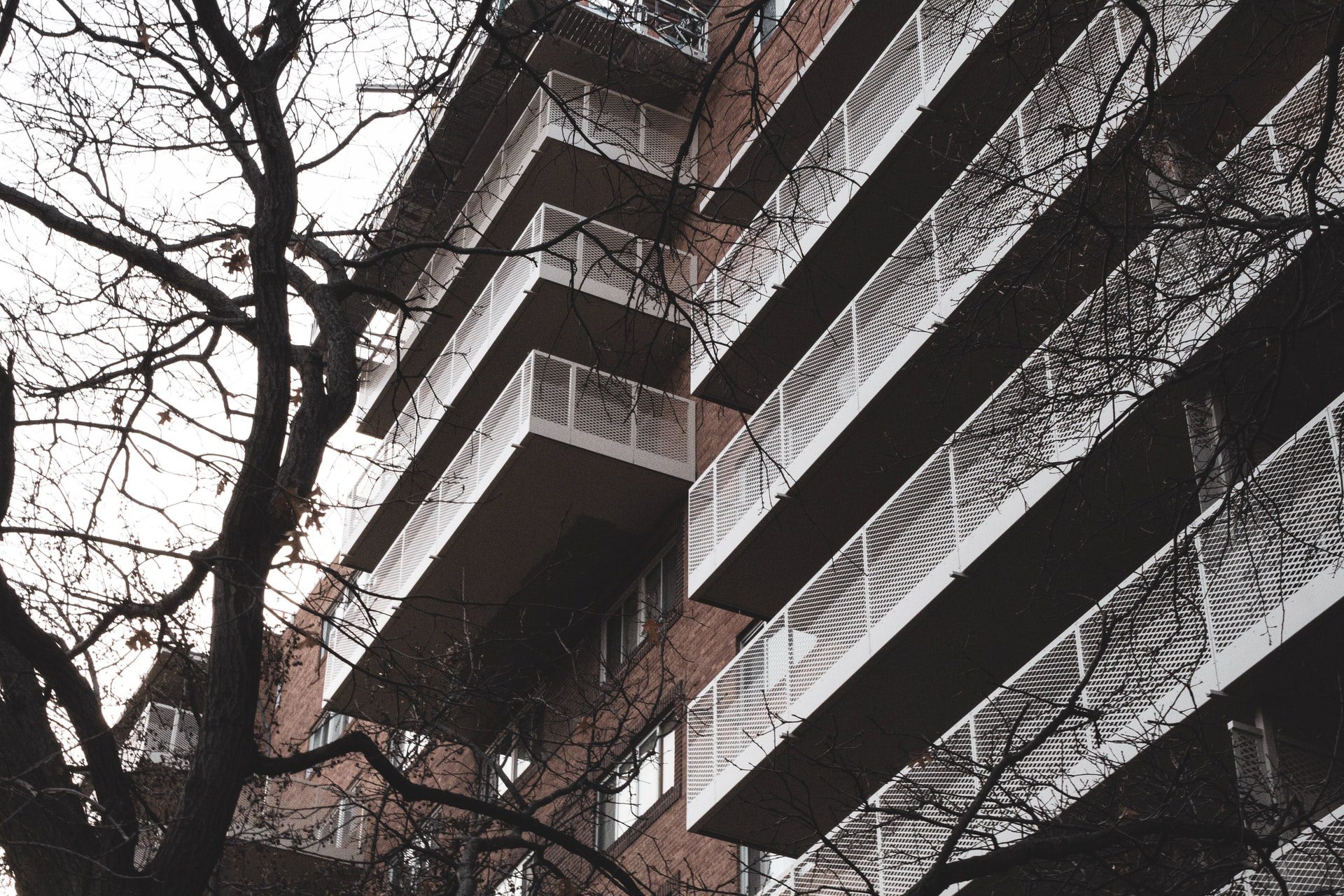
Avoid Home Burglary while on Vacation
July 29, 2015
Will Renters Insurance cover a Storage Unit?
August 4, 2015A condo and a house are clearly not the same; but do we really understand the differences? Perhaps no private garden, no swimming pool to worry about and no grass to mow. A good management company would have to deal with the gardener and cleanliness and maintenance of the exterior.
How about Condo Insurance? Is it the same as Homeowners Insurance?
The interior of a Condominium Unit simply needs insurance the same way a House needs insurance; however, one big difference is that the Condo Building has a Master Policy which is a Commercial Building Policy covering the exterior structure.
Master policies have variations and it is important for a condo unit owner to understand the coverage offered on the Master Policy. The idea of collective ownership and responsibility also comes with an association deductible which the unit owners are responsible for. In the event of a covered loss, the master policy deductible will be split and assessed upon the individual unit owners to cover their fair share.
The individual unit owners must each buy their own condo owners insurance policy covering the interior of the dwelling, improvements, loss of use, personal property, loss assessment and personal liability. If the Condo Unit is tenant occupied, it would be wise for the unit owner to require the tenant to provide a Renters Insurance Policy naming the Landlord as an Additional Named Insured on the policy. In the event of a covered loss due to the negligence of the tenant, the renters insurance policy will pay out as outlined in the policy contract.
A tenant occupied condo unit should actually have three active policies in force; the Master Policy for the Homeowners Association, the Condominium Owners Policy for the Unit Owner, and the Renters Insurance Policy covering the Tenant’s personal belongings and liability exposure.
Townhomes generally follow the same Master Policy structure as Condominiums; therefore, the same Policy Form (HO6) is used for the unit owner’s personal insurance. In addition, Earthquake and Flood Insurance may be available under a separate insurance policy.
Condominium Building Issues
Similar to any other multi family living arrangements, units often share common walls and there are often units located directly above and/or below. This neighborly living arrangement not only presents the situation of noise coming from other units but also the possibility of leaking pipes causing damage and an inconvenience to neighboring units. In some cases, water damage losses occur as a result of aging common area pipes but other times, individual unit pipes leak and cause damage to other units.
Differing from a water damage claim in a single family home, a claim in a condominium building could involve both a property damage claim as well as a liability claim against the policy of the unit where the cause of loss began.
In 2015, many personal insurance carriers have opted not to underwrite Condo Unit Owners Insurance policies unless the unit is owner occupied; this is due to statistics showing a lower risk for owner occupied units.
It is highly recommended to obtain a CLUE (Comprehensive Loss Underwriting Exchange) report for a property before making a purchase decision. Some unit owners have been shocked to find that the unit has had prior losses and no preferred carriers will issue insurance due to historic losses. In most States, Real Estate Agents are required to provide the report as part of their disclosure agreement.

